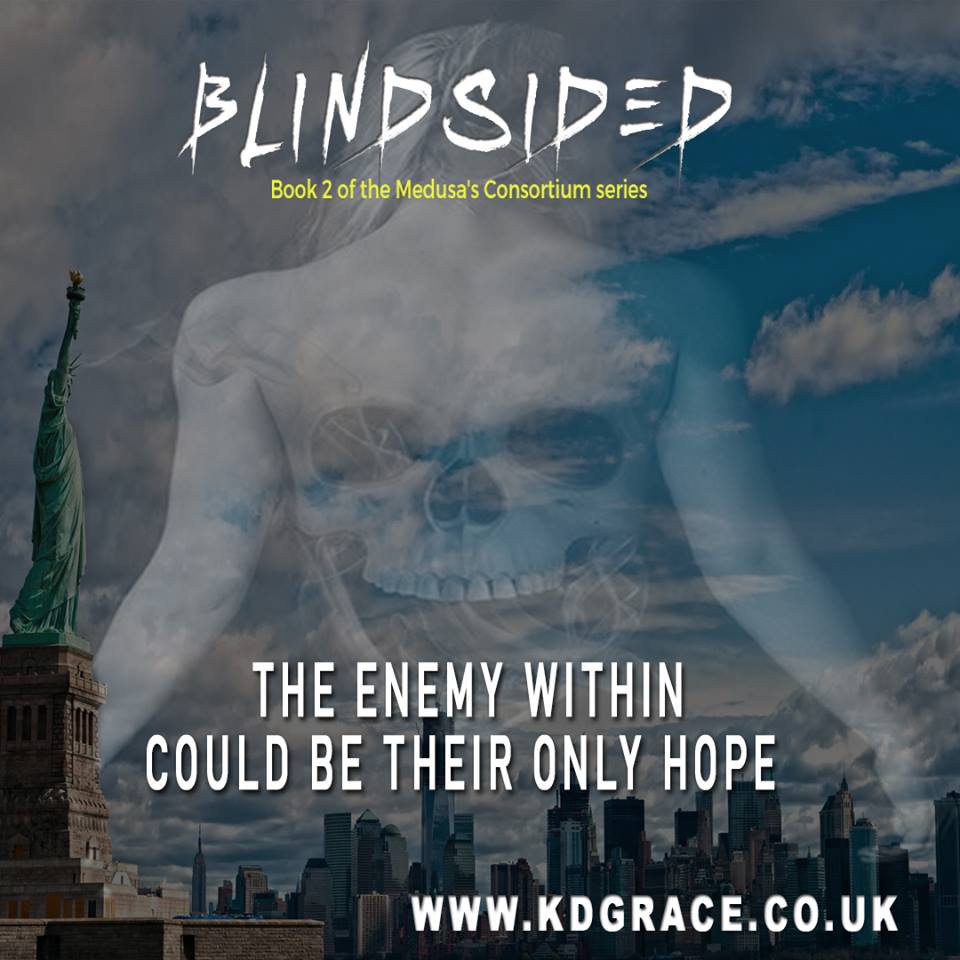 When I lived in Croatia a hundred years ago, I spent three weeks every summer camping on the Adriatic near Pula. At the campsite where I stayed, there was a small store and a restaurant that had live music every night. There were several buildings with showers and toilets. That was the extent of the place.
When I lived in Croatia a hundred years ago, I spent three weeks every summer camping on the Adriatic near Pula. At the campsite where I stayed, there was a small store and a restaurant that had live music every night. There were several buildings with showers and toilets. That was the extent of the place.
One of the shower blocks not far, from where I set up my tent, was a narrow concrete pre-fab with a row of cubicles, each containing a shower, each with a door leading right out onto the main path through the camp. One year one of the six cubicles was missing a door. That meant more congestion for the remaining shower units, which were in high demand in August. There was almost always a queue.
Early one evening on my way back from the grocery store, I noticed two very fit German blokes I’d seen wind surfing earlier in the day queuing for the shower, but they got tired of waiting, so they stripped off their Speedos and waltzed right on in to the cubicle without the door.
I happened to be with a friend who was a bit more prudish than I, and she averted her eyes and dragged me away in a huff, me nearly breaking my neck for one last glance over my shoulder at naked, wet maleness. The whole incident couldn’t have lasted more than a minute. What I saw was fleeting. But what I imagined – over and over and over again – was most definitely not!
Sometimes it takes nothing more than an image to capture our imaginations, to inspire us. An image can inspire us because once we’ve seen it, processed it – especially if it’s a little scenario like mine with the shower and the naked wind surfers, our glorious, super-high-tech instant replay brains take over. Not only can we replay that image over and over again, but we can change it simply by imaging what might have happened IF … It’s were our fantasies come from, it’s where a writer’s story ideas come from, it’s built-in entertainment.
My voyeuristic encounter at the showers stands out to me as outrageously erotic, and yet nothing happened. Two blokes got tired of waiting in queue for the shower, probably anxious to get to dinner and a cold beer, so they chose to shower in full view of hundreds of people they didn’t know, hundreds of people who would never see them again. BUT, they were wrong, I’ve seen them countless times in my imagination – sometimes sun bleached and golden in the late afternoon light, sometimes dark, tattooed and dangerous just before dusk, beckoning me to come join them, speaking softly to me in German — words I don’t understand, though I completely get their meaning. I know exactly what those boys want, as they leer at me and I leer right back. Well, in my imagination at least.
In some of those instant replays, I meet them on the beach at midnight to share a bottle of wine and a naked swim in the warm moonlit waters. In some of those instant replays, I shoo my prudish friend back to her tent, then strip off shamelessly and join them, letting them soap me and rinse me and protect me with their naked, glistening bodies from gaping onlookers. In other versions, they come to the shower late at night when everyone else is asleep, and only I’m there to watch them lather and bathe each other, thorough in their efforts to get clean, more thorough in their efforts to relieve the tensions of the day.
Our delicious instant replay allows us to rewind, slo-mo, enhance, zoom in on any part of any experience or image that catches their fancy, and then enjoy it a second or even a 50th time around. We can take that experience and totally change it if we choose. We do it all the time; in our heads, we rewrite the ending of an interview that didn’t go so well or an argument with a lover so that we can take back what we wish we hadn’t said. Sometimes we imagine what would have happened next if things had been allowed to unfold to the end, if I had been allowed to linger a little longer in front of the showers. In fact, we can be really neurotic about it, playing the same scenes over and over and obsessing on them, for good or for ill.
Writers are especially adept at using this instant replay to inspire, to arouse, to tease out and focus on details we might otherwise have missed, details that might have totally intrigued us the first time around, even details that weren’t really there. Then we write those details into whole new scenarios, sometimes even whole novels.
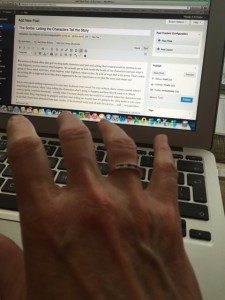
I know, I know! It’s all a part of memory. Anyone can hit the ole instant replay button at any time and experience the
past all over again. We all do that. But there’s nothing ordinary about the ability to relive our experiences and imagine ourselves in a different life – perhaps even as different people who make a different decision; perhaps the decision to strip off and shower with the German wind-surfers. The creative process of a writer quite often depends on the exploitation of that instant replay button. I can’t think of anything I’ve written that isn’t grounded in some way, no matter how miniscule, in my recalling of an experience, my reimagining of a moment, or my reworking of an image that intrigues me. In a very real sense, we are what we write as we wind back the video in the editing room of our brain and hit replay, then hit slo-mo, then zoom in real nice and tight-like so that we can enhance and recreate every detail to tell a brand new story.
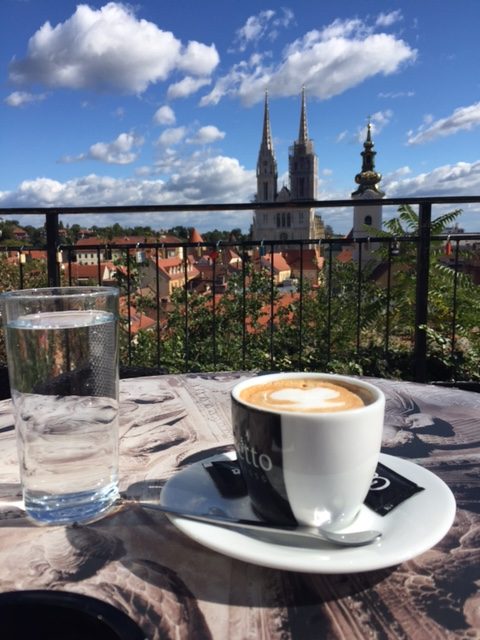
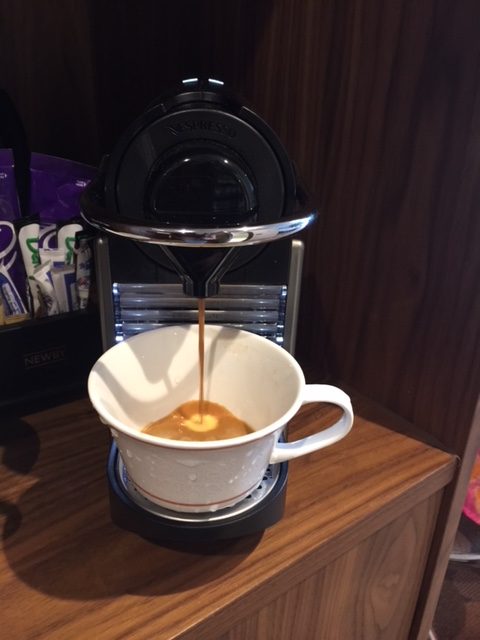
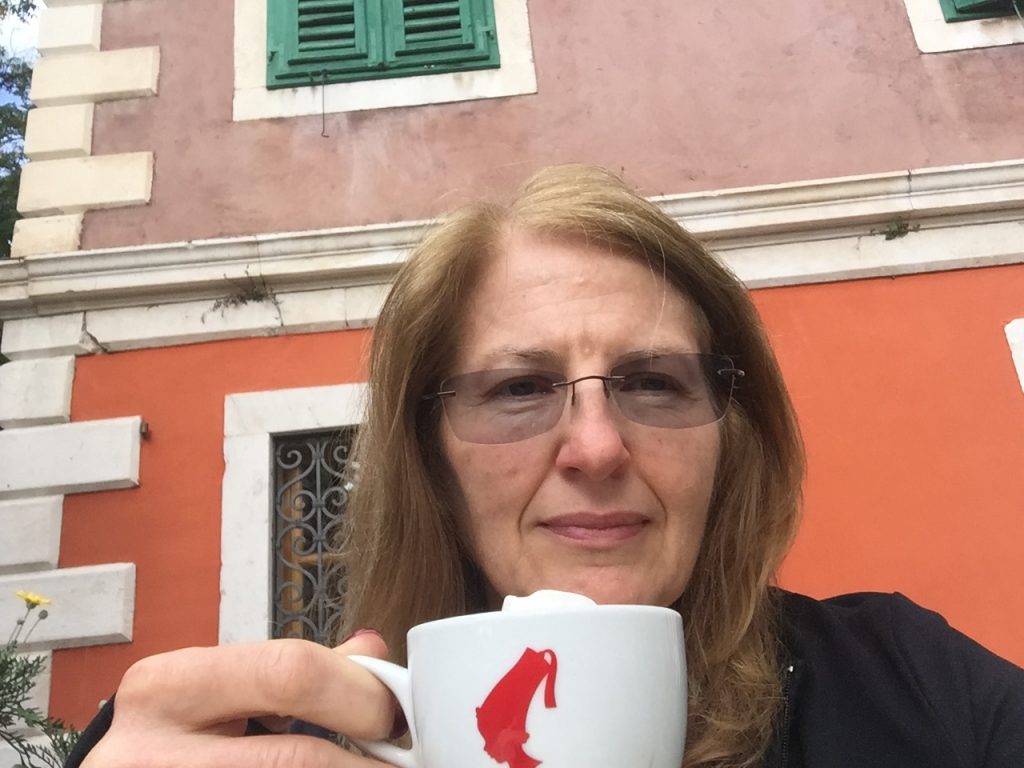
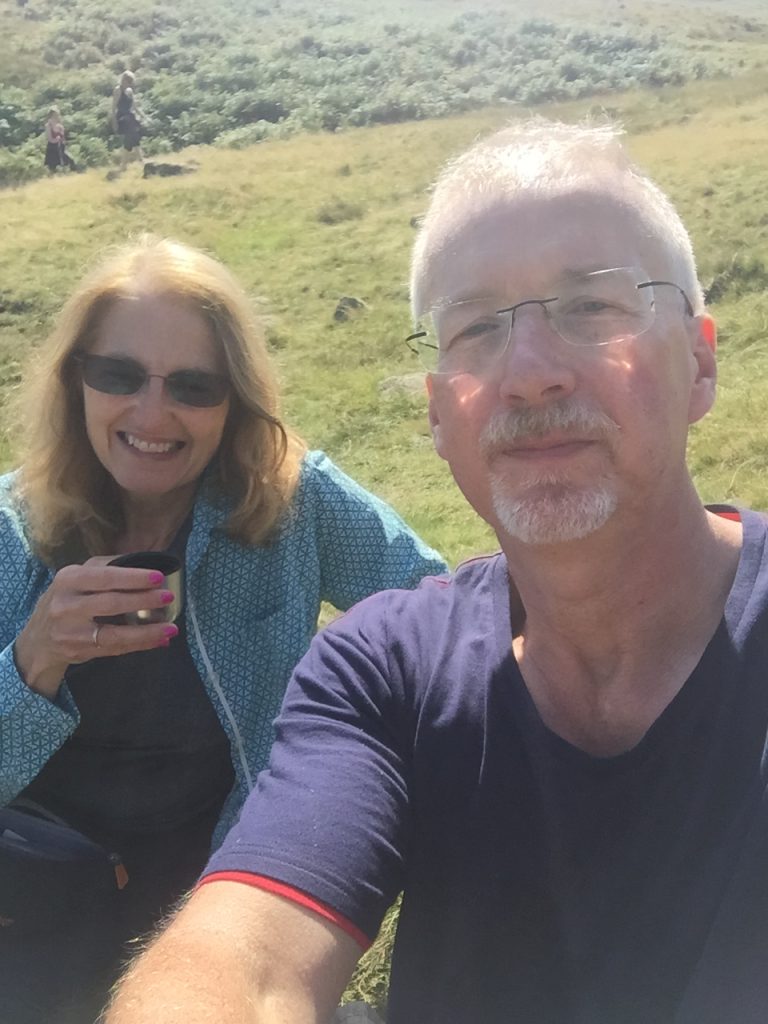
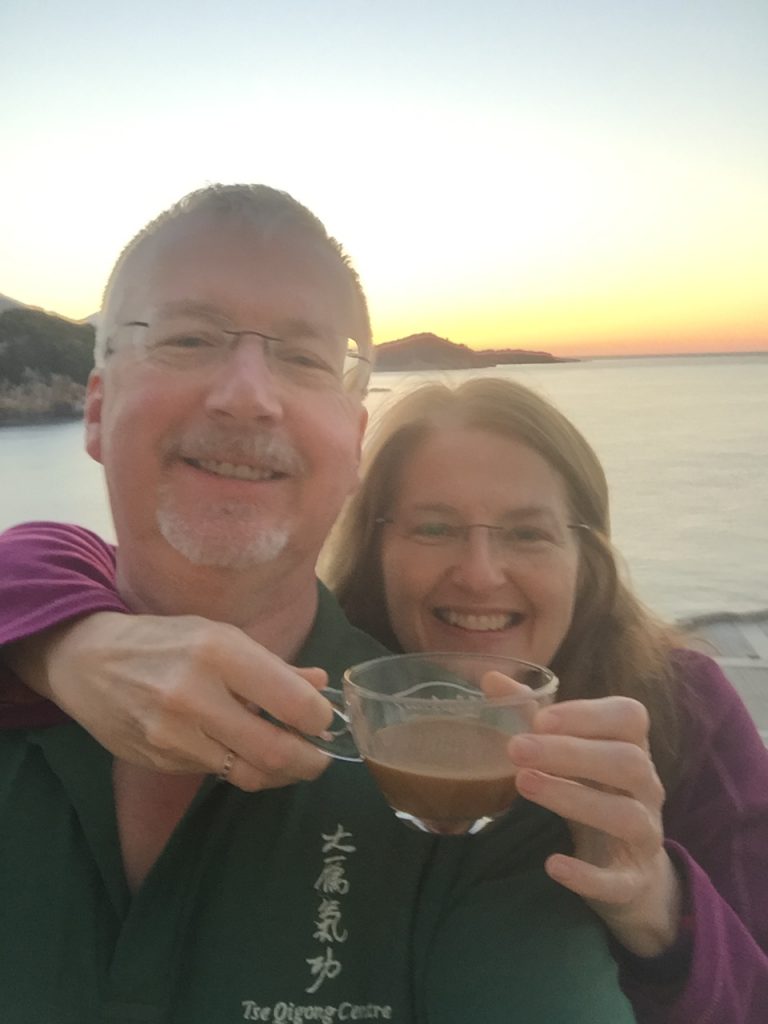
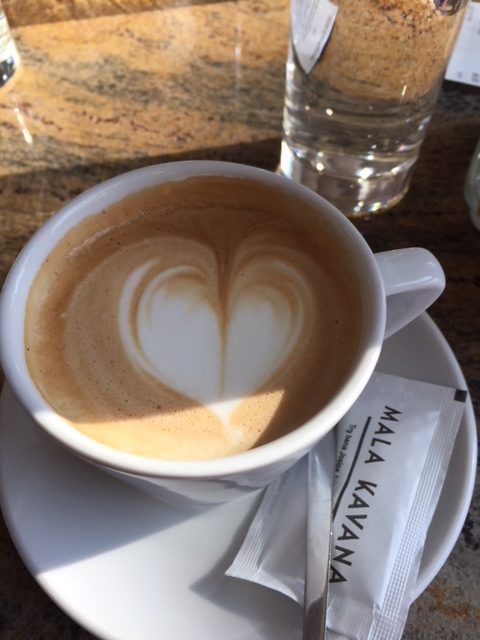
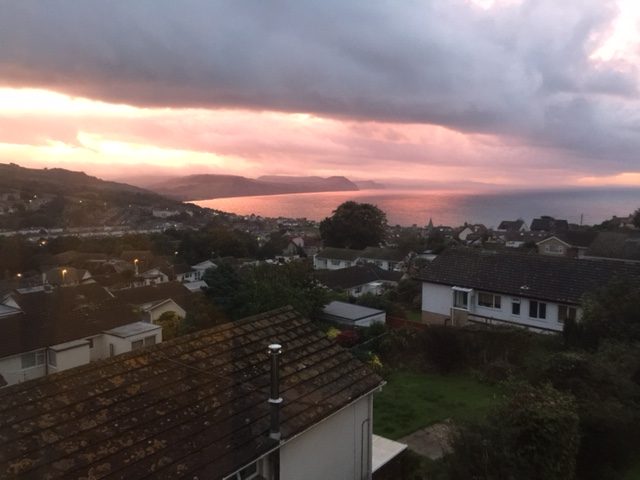 It’s hard to believe that my first novel, The Initiation of Ms Holly, has been out seven years. I remember well that first
It’s hard to believe that my first novel, The Initiation of Ms Holly, has been out seven years. I remember well that first
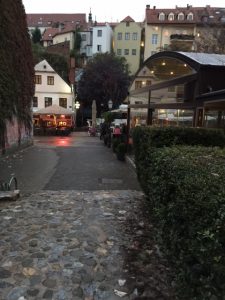 totally inspired. I have a sneaking suspicion I might meet old friend there and maybe make some new ones too.
totally inspired. I have a sneaking suspicion I might meet old friend there and maybe make some new ones too. I wrote this post originally for the Brit Babe’s blog, but it felt like I should share it again as I get ready for the launch of
I wrote this post originally for the Brit Babe’s blog, but it felt like I should share it again as I get ready for the launch of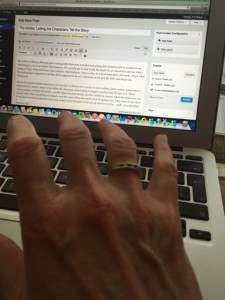 my demons like more than to be exercised, it’s to be the center of attention in a novel or a story. Frankly, I don’t think it matters if I’m writing about demons in the literal sense or if I’m writing about the less paranormal, more concrete demons my characters battle. By writing the story, but exploring the things that frighten me, the things that make me uncomfortable, I think I’m finding a healthy way to live with those inner demons. As neurotic as writers tend to be, the truth is that the best place to write the most powerful stories is right smack dab in the middle of the neuroses – the
my demons like more than to be exercised, it’s to be the center of attention in a novel or a story. Frankly, I don’t think it matters if I’m writing about demons in the literal sense or if I’m writing about the less paranormal, more concrete demons my characters battle. By writing the story, but exploring the things that frighten me, the things that make me uncomfortable, I think I’m finding a healthy way to live with those inner demons. As neurotic as writers tend to be, the truth is that the best place to write the most powerful stories is right smack dab in the middle of the neuroses – the